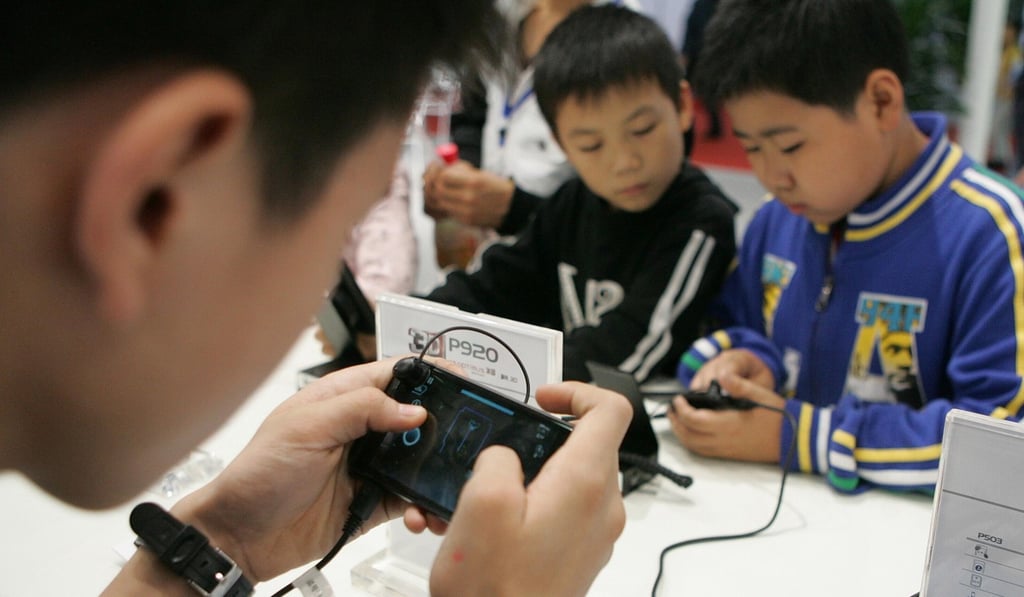Steam forges ahead in China as domestic gaming industry squeezed by Beijing’s freeze on approvals
- There are an estimated 30 million Chinese users playing games that are not approved for domestic sale via Steam
- Chinese developers, frustrated with Beijing’s suspension of new game approvals, have flocked to the platform as a workaround to sell their latest games

China has some notable grey areas – from shadow banking to the sale of parallel goods. Now there’s another one.
Amid concerns over internet addiction, childhood myopia and unsuitable content, Beijing has sought to rein in the gaming industry by tightening controls this year and freezing approvals of new titles.
Step forward Valve Corp’s Steam, the world’s largest online PC game distribution platform, which while not officially available in China, is not blocked either. While all video games need to obtain a licence to be published in China, there are an estimated 30 million Chinese users playing games that are not approved for domestic sale via the Bellevue, Washington-based Valve’s Steam platform.

These offerings include blockbuster titles Chinese regulators would consider too violent or sexual, such as Grand Theft Auto V, which simulates what it’s like to be a gangster by shooting rivals, stealing cars, and dressing to impress on your way to becoming a criminal mastermind.
But it’s not only overseas developers such as Rockstar Games that are tapping Steam to reach Chinese gamers. Lately a raft of independent Chinese developers, frustrated with Beijing’s suspension since March of new game approvals, have flocked to the platform as a workaround to sell their latest titles in the country.